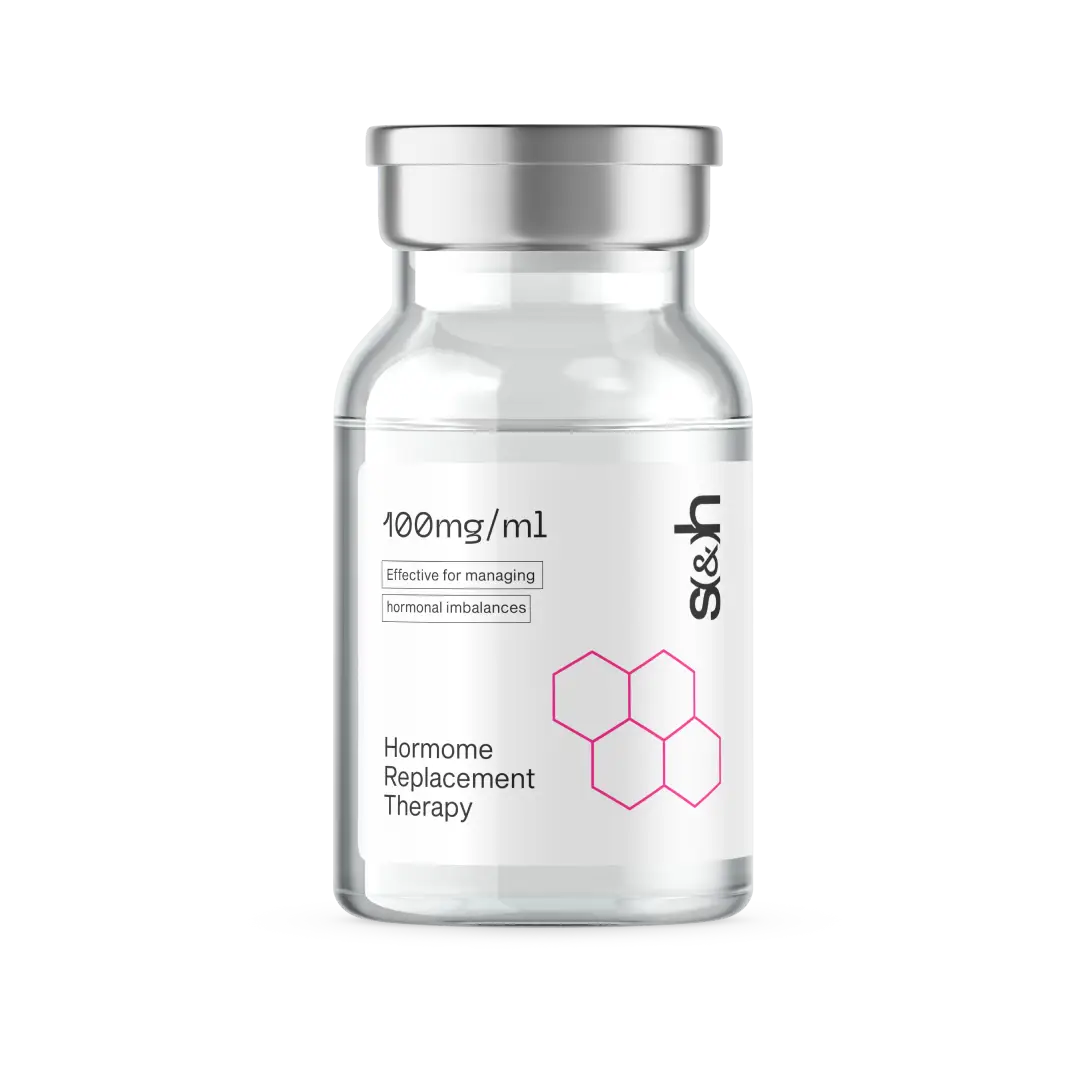An Unbiased View of hormone replacement therapy
Testosterone Replacement Therapy in Canada: A Comprehensive Guide for Men

What is Testosterone Replacement Therapy (TRT)?
Testosterone Replacement Therapy (TRT) is a medical option designed to rebalance testosterone levels in men who experience low testosterone, a condition called hypogonadism. Testosterone plays a vital role in men’s health, influencing muscle mass, energy levels, mood, cognitive function, and other bodily systems. As men age, their testosterone levels naturally decline, but in some cases, levels drop too low, resulting in symptoms that may benefit from TRT.
Common Symptoms of Low Testosterone
In men, low testosterone can show up in various symptoms, such as:
• Reduced libido and ED
• Fatigue and persistent tiredness
• Decreased muscle mass and weight gain
• Brain fog and memory issues
• Depression, irritability, and mood swings
These symptoms can impact daily life, and TRT may help manage them by bringing testosterone levels back to an optimal range.
How Does TRT Work?
TRT can be administered in multiple ways, including shots, topical gels or creams, and oral pills (though these are less common due to potential liver impacts). In Canada, injections and gels are particularly common because they deliver testosterone directly into the bloodstream, avoiding hepatic processing and thus minimizing side effects.
With ongoing TRT, many patients report positive changes in energy, mood, libido, and cognitive function. Studies suggest that TRT can improve mental clarity and reduce brain fog by enhancing cognitive functions like memory and spatial skills.
Benefits of TRT
The potential benefits of TRT include:
• Improved mood and greater hormone replacement therapy emotional stability
• Increased muscle mass and performance
• Better energy levels and reduced fatigue
• Enhanced cognitive function and mental focus
Safety and Side Effects of TRT
While TRT is generally safe, side effects can occur, including skin breakouts, increased risk of blood clots, and lower sperm count. For those with a history of cardiovascular issues, consulting a healthcare professional is essential before starting TRT, as testosterone can impact heart health.
In Canada, many clinics now offer regular monitoring, where patients on TRT receive frequent bloodwork in the first year, followed by bi-annual testing. These follow-ups help to tune the treatment and keep an eye on any emerging side effects, making TRT a more sustainable option.
Who Should Consider TRT?
Men experiencing multiple symptoms of low-T may be suitable for TRT, especially if these symptoms interfere with quality of life. TRT should be started under medical guidance, as a simple blood test can diagnose testosterone levels and assess eligibility. Many Canadian patients start TRT to get back to normal, as the therapy is specifically tailored to address quality-of-life concerns.
Finding TRT Treatment in Canada
Science & Humans provides access to TRT experts who can guide patients through a personalized TRT plan, ensuring safety and effectiveness throughout the journey. Ongoing evaluations and lab testing ensure that testosterone levels remain optimal, reducing the risk of side effects.
For more information on TRT please visit Science & Humans’ TRT page: https://www.scienceandhumans.com/trt.